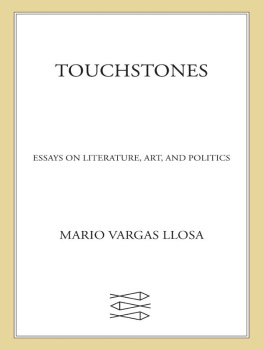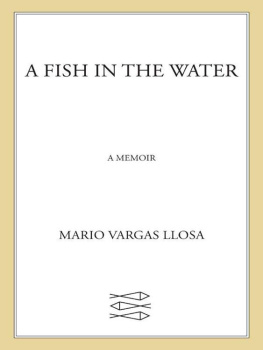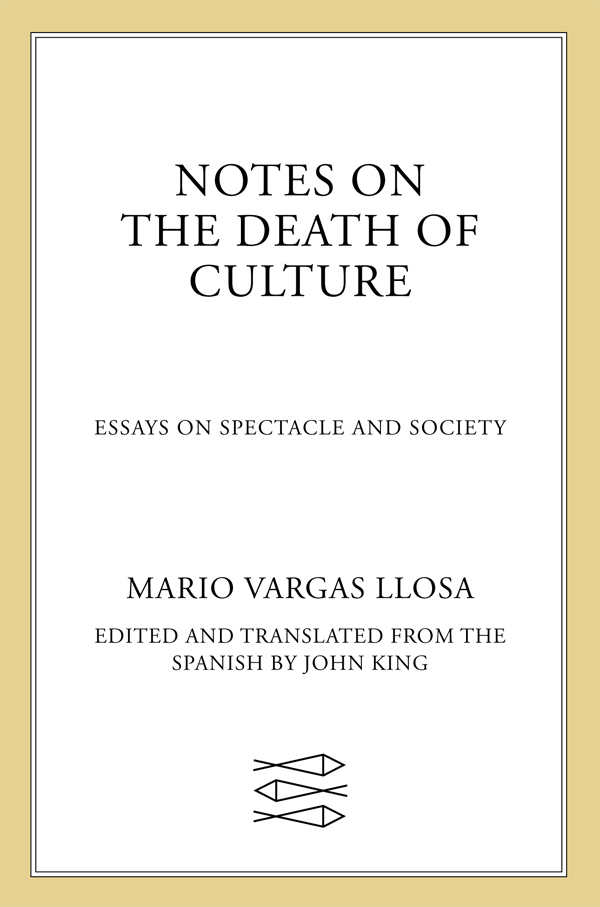Contents
Guide

The author and publisher have provided this e-book to you for your personal use only. You may not make this e-book publicly available in any way. Copyright infringement is against the law. If you believe the copy of this e-book you are reading infringes on the authors copyright, please notify the publisher at: us.macmillanusa.com/piracy.
For Juan Cruz Ruiz,
always with his notebook and pencil
The hours have lost their clock.
VICENTE HUIDOBRO
It is very likely that never in human history have there been as many treatises, essays, theories and analyses focused on culture as there are today. This fact is even more surprising given that culture, in the meaning traditionally ascribed to the term, is now on the point of disappearing. And perhaps it has already disappeared, discreetly emptied of its content, and replaced by another content that distorts its earlier meaning.
This short essay does not intend to add to the large number of interpretations of contemporary culture but rather to explore the metamorphosis of what was still understood as culture when my generation was in school or at university, and the motley definitions that have replaced it, an adulteration that seems to have come about quite easily, without much resistance.
Before developing my own argument, I would like to explore, albeit in summary fashion, some of the essays that, in recent decades, have focused on this topic from different perspectives, and have at times stimulated important intellectual and political debates. Although they are very different from each other, and are only a small sample of the ideas and theses that the subject has inspired, they do share a common denominator in so far as they all agree that culture is in deep crisis and is in decline. The final analysis in this chapter, by contrast, talks of a new culture built on the ruins of what it has come to replace.
I begin this review with the famous, and polemical, declaration by T. S. Eliot. Although it is only some sixty-seven years since he published, in 1948, his essay Notes Towards the Definition of Culture , when we reread it today, it seems to refer to a very remote era, without any connection to the present.
T. S. Eliot assures us that his aim is merely to help define the concept of culture, but, in fact, his ambition is much greater, for, as well as specifying what the term means, he offers a penetrating criticism of the cultural system of his time, which, according to him, is becoming ever more distant from the ideal model that it represented in the past. In a sentence that might have appeared excessive at the time of writing, he argues, I see no reason why the decay of culture should not proceed much further, and why we may not even anticipate a period, of some duration, of which it will be possible to say that it will have no culture. (Anticipating my argument in Notes on the Death of Culture , I will say that the period Eliot is referring to is the one in which we are now living.)
That ideal older model, according to Eliot, is a culture made up of three senses of the term: the individual, the group or class, and the whole society. While there is some interaction between these three areas, each maintains a certain autonomy and develops in a state of constant tension with the others, within an order that allows the whole of society to prosper and maintain its cohesiveness.
T. S. Eliot states that what he calls higher culture is the domain of an elite, and he justifies this by asserting that it is an essential condition of the preservation of the quality of the culture of a minority, that it should continue to be a minority culture (p. 107). Like the elite, social class is also a reality that must be maintained, because the caste or group that guarantees higher culture is drawn from these ranks, an elite that should not be completely identified with the privileged group or aristocracy from which most of its members are drawn. Each class has the culture that it produces and that is appropriate to it and although, naturally, these cultures coexist, there are also marked differences that have to do with the economic conditions of each. One cannot conceive of an identical aristocratic and rural culture, for example, even though both classes share many things, such as religion and language.
Eliots idea of class is not rigid or impermeable; rather it is open. A person from one class can move up or down a class, and it is good that this happens, even though it is an exception rather than the rule. This system both guarantees and expresses a social order, but today this order is fractured, which creates uncertainty about the future. The naive idea that, through education, one can transmit culture to all of society is destroying higher culture, because the only way of achieving this universal democratization of culture is by impoverishing culture, making it ever more superficial. Just as the elite is indispensable to Eliots conception of higher culture, so also it is fundamental that a society has regional cultures that both nurture national culture and also exist in their own right with a certain degree of independence. It is important that a man should feel himself to be not merely a citizen of a particular nation, but a citizen of a particular part of his country, with local loyalties. These, like loyalty to class, arise out of loyalty to the family (p. 52).
Culture is transmitted through the family and when this institution ceases to function in an adequate way, the result is that we must expect our culture to deteriorate (p. 43). Outside the family the main form of transmission of culture through the generations has been the Church, not the school. We should not confuse culture with knowledge. Culture is not merely the sum of several activities, but a way of life (p. 41), a way of life where forms are as important as content. Knowledge is concerned with the evolution of technology and the sciences, and culture is something that predates knowledge, an attribute of the spirit, a sensibility and a cultivation of form that gives sense and direction to different spheres of knowledge.
Culture and religion are not the same thing, but they are not separable because culture was born within religion and even though, with the historical evolution of humanity, it has partially drawn away from religion, it will always be connected to its source of nourishment by a sort of umbilical cord. Religion, while it lasts, and on its own level, gives an apparent meaning to life, provides the framework for a culture and protects the mass of humanity from boredom and despair (p. 34).
When he speaks of religion, T. S. Eliot is referring fundamentally to Christianity, which, he says, has made Europe what it is:
It is in Christianity that our arts have developed; it is in Christianity that the laws of Europe have until recently been rooted. It is against a background of Christianity that all our thought has significance. An individual European may not believe that the Christian Faith is true, and yet what he says, and makes, and does, will all spring out of his heritage of Christian culture and depend on that culture for its meaning. Only a Christian culture could have produced a Voltaire or a Nietzsche. I do not believe that the culture of Europe could survive the complete disappearance of the Christian Faith. (p. 122)
Eliots idea of society and culture brings to mind the structure of heaven, purgatory and hell in Dantes Commedia with its superimposed circles and its rigid symmetries and hierarchies in which the divinity punishes evil and rewards good according to an intangible order.


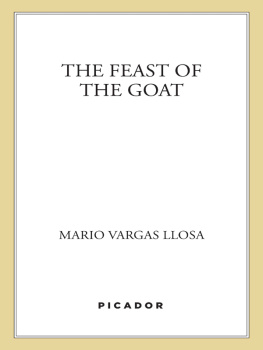
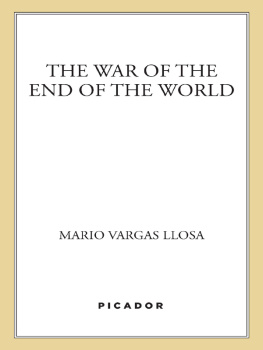
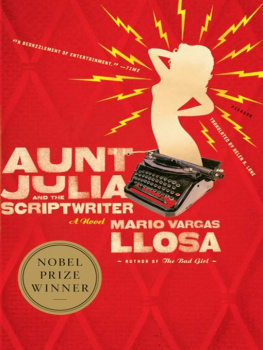

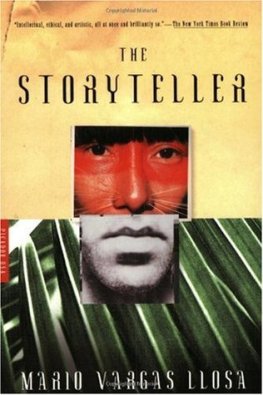
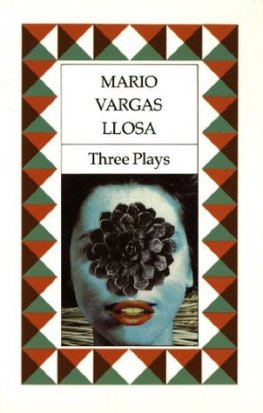

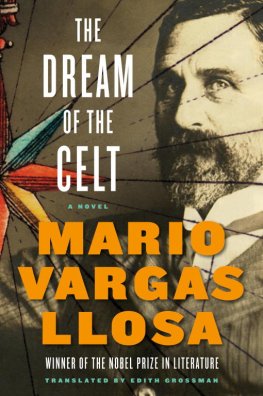
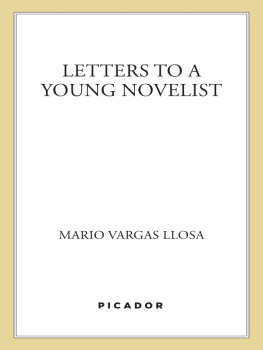
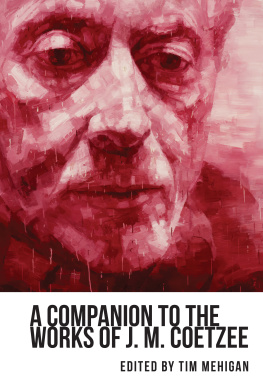
![Mario Vargas Llosa [Mario Vargas Llosa] - Captain Pantoja and the Special Service](/uploads/posts/book/142220/thumbs/mario-vargas-llosa-mario-vargas-llosa-captain.jpg)
